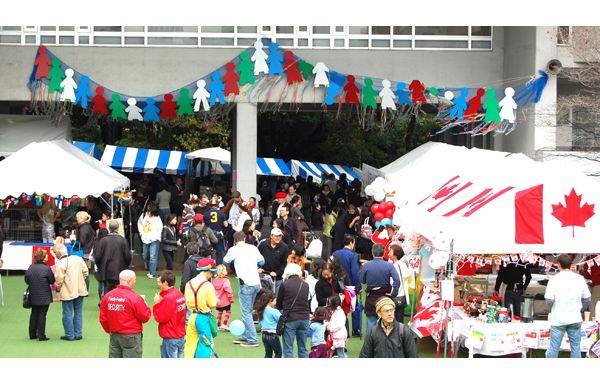Since October 2023 a war between Israel and Palestine has raged, even through ceasefire. How has this conflict affected the people there? Although the news, and the people are focused on the latest battle, the deeper history of the conflict is generally in the shadows. At International Schools in Tokyo, with students from all backgrounds, conversations about global issues are common, but understanding the conflict is key. For a student in the International School of Sacred Heart(ISSH) this conflict is deeply personal. Aya, a senior who is a journalist has a first-hand perspective who wishes to go back and visit her family in the Gaza strip in Palestine. She has been a resident in Japan all her life, and remains strongly connected to Palestine.
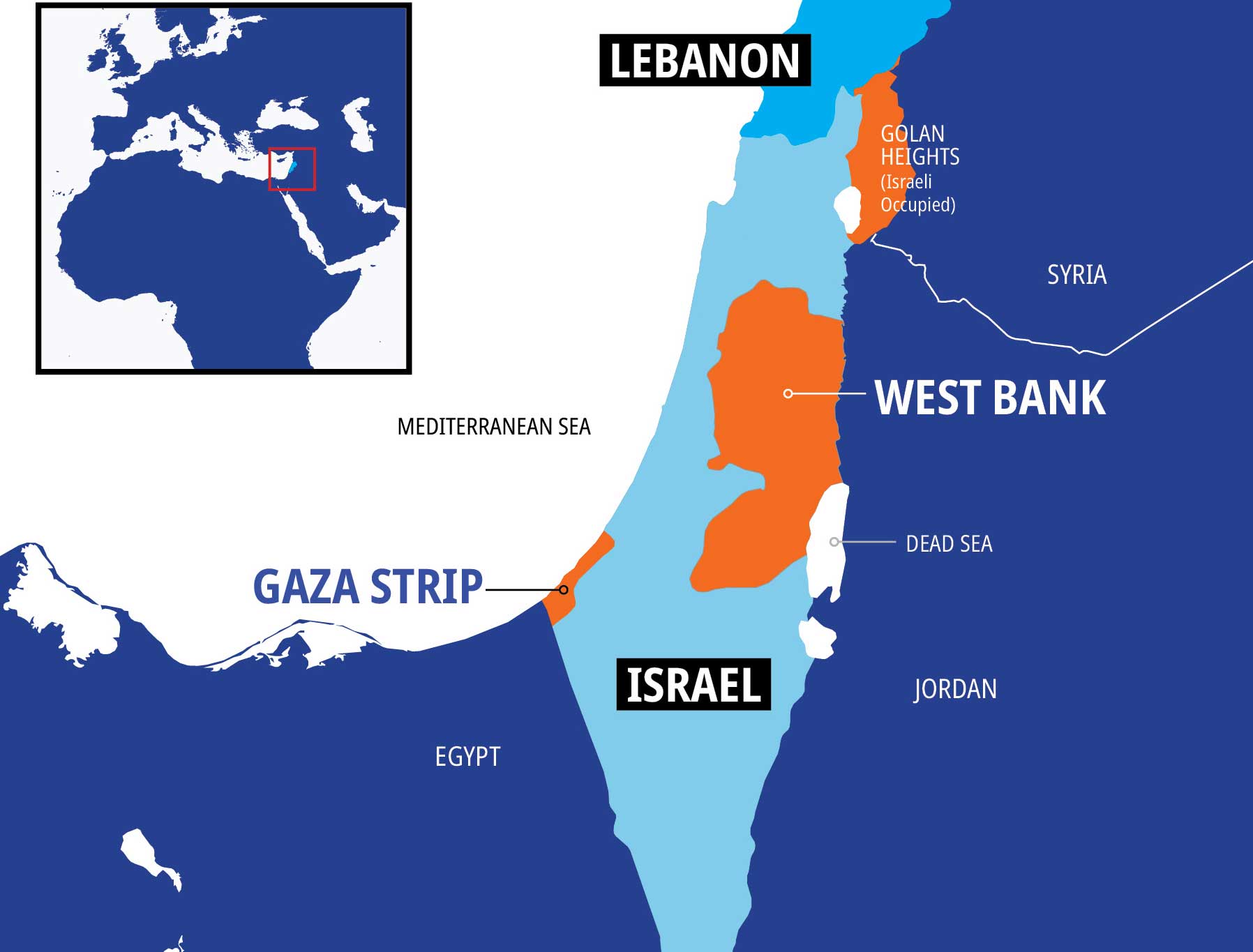
“My family and I try to return to Gaza every year, and since the ordeal of arriving in Gaza is already so difficult, since I was young, I understood that the whole process wasn’t usual,” she explained whenever she went to the Gaza essential needs such as water or electricity would cut out in the middle of the day. ” She expressed that she’s seen many things most people haven’t “especially in 2014, and every year that I went there, there would be battles that would go on for a couple of days. Through what I saw in Gaza, I always had an idea of what’s been happening well. To some extent, I think growing up in a foreign country, especially a country like Japan, somehow made me more aware of the difficulties Palestinians face.”
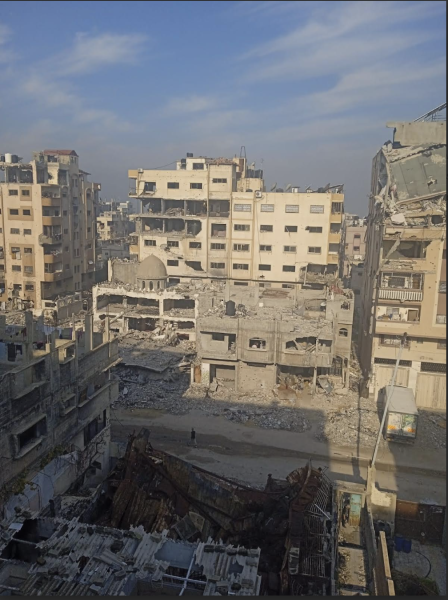
The conflict traces its roots back to 1920, after World War I, when the Ottoman Empire—after ruling for over 600 years—collapsed. As a result, Britain took control of Palestine under a League of Nations contract. British rule lasted for over two decades, during which tensions grew between Jewish and Arab communities, especially as Jewish immigration increased due to persecution in Europe, particularly during and after World War II. Between 1945 and 1948, violent clashes broke out between Jewish and Arab groups. In 1947, the United Nations proposed a partition plan, dividing Palestine into separate Jewish and Arab states, with Jerusalem placed under international control. However, this plan was rejected by the Arab states. As Aya put it, “Everything in Palestine has been happening since 1948, so my entire life I have been raised to understand the situation,” and she would like indivisuals to understand the key fact that people tend to ” ignore is that the conflict did not start on October 7th. She believes although its been said allover “Palestinians have been struggling for over 78 years for freedom and independence. My grandparents lived in Palestine before the 1947 Partition, and now they have to live in a land where they virtually cannot escape without getting permission from Israel”. Additionally when the partition plan was accepted, it resulted in the displacement of 700,000 Palestinians as they were forcibly expelled, and none of them could go back to where they were from. This has resulted in the “longest unresolved refugee crisis in the world” more know as the “Nakba”. Highighting how deeply rooted and personal the history of the conflict is for many Palestinians.
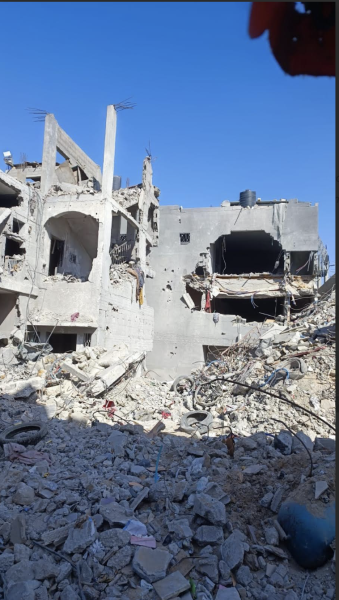
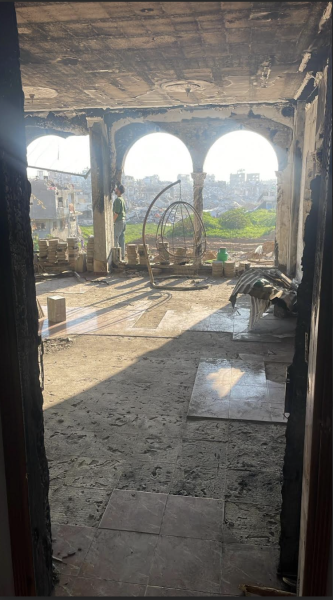
Aya highlights staying connected to Palestinian culture despitebeinginanother country.Although she is physically awayfromGaza she believes itis important for Palestinians especially the younger generations to holdonto their heritage.”We must continue to discuss it and we can‘t letgo of our attachment to Palestine,” she emphasized. For Aya, keeping her culture isn’t aquestionof remembering traditions it‘s a fight for resistance. She explained, “Keep in touch with our culture, our traditions, our food, our folk songs etc. Because once we begin to lose that, we have nothing left.” Shewasraised in Japan but there isn’t a big Palestinian community in Japan . She trys to keep her culture alive by creating a Palestinian Booth at the Family Festival to help fund money for Palestine. As she believes that iftheycontinuetelling their stories and honoring their culture, Palestinians can ensure that their struggle isnever forgotten. The conflict has made life in Gaza very hard, with people losing access to necessities such as water, electricity, and a safe home. For Aya and her family, it also means living with despair and worry while living far away from their home and loved ones.
